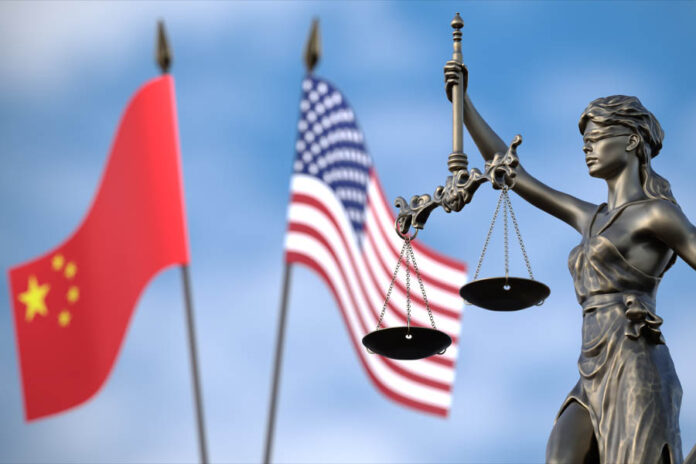A recent decision of the US Supreme Court limiting exposure to securities class action litigation in the US has potentially far-reaching implications for Chinese companies that have listed securities in that country, or are considering listing.
In Morrison v National Australia Bank, which was decided at the end of June, the US Supreme Court ruled that the most commonly invoked provision of federal securities law, section 10(b) of the Securities Exchange Act of 1934, applied only to securities listed on exchanges in the US, and transactions in other securities if they occurred in the US.
One reason that Chinese state-owned enterprises (SOEs) may choose to list on markets outside the US is a desire to avoid exposing themselves to securities class action litigation. This desire has been strengthened by high-profile lawsuits filed in New York against Chinese issuers. The Morrison decision further highlights the compliance and litigation risks of US securities markets for foreign issuers and candidates for initial public offerings. It also confirms that these risks can be minimized by choosing to list in a non-US jurisdiction.
“Because Morrison significantly affects the securities class action exposure for publicly listed companies throughout Asia and SOEs in China considering initial public offerings, it should also affect those companies’ assessment of their insurance coverage needs and the anticipated costs of defending and settling securities litigation,” noted US law firm O’Melveny & Myers in commentary issued following the case.






















